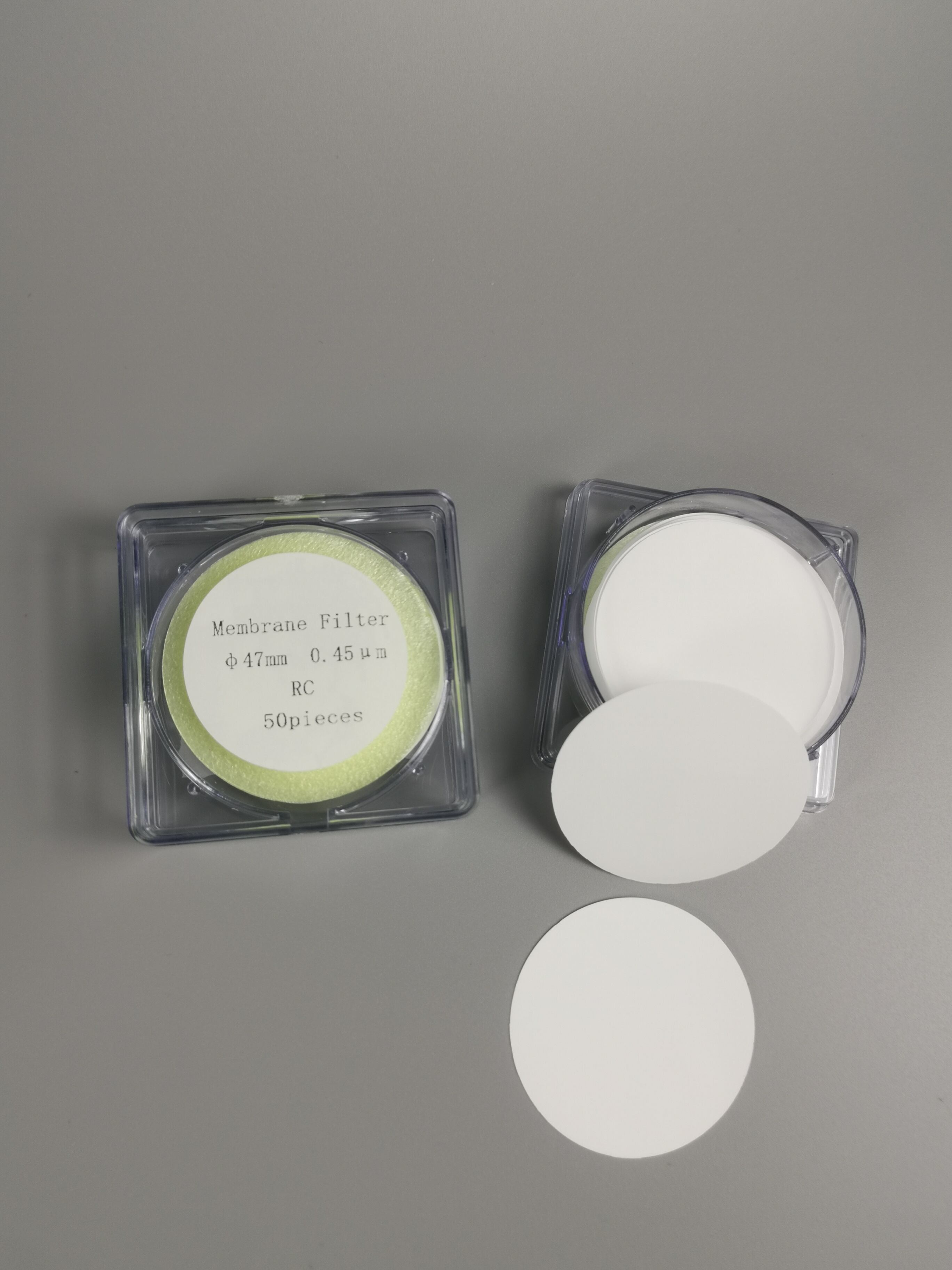անհատական մեմբրանային фильтраցիя
Ստերիլ մեմբրանային ֆիլտրացիան ներկայացնում է կրիտիկալ գործընթաց ժամանակակից լաբորատորական և գործնական կիրառումներում, սպասելով հիմնական տեխնոլոգիական դաշտ ապահովելու համար արտադրանքի պարզությունը և անվտանգությունը: Այս կարևոր ֆիլտրացիայի մեթոդը օգտագործում է մասնավոր մեմբրաններ ճշգրիտ փոխակերպող չափերով, որոնք սովորաբար տարածվում են 0.1-ից 0.45 միկրոմետրերի միջև, որպեսզի эффեկտիվորեն отделят микроорганизмы и частицы от жидкостей или газов: Գործընթացը աշխատում է միջավայրը սեղմում կամ վակուումի պայմաններում անցնելու միջոցով մեմբրանային ֆիլտրի միջոցով, որտեղ մեմբրանն աշխատում է ֆիզիկական բARRIER, պահպանելով մասնիկները մեծ չափով իր փոխակերպող չափերից և թողնելով ֆիլտրացված նյութը անցնել: Տեխնոլոգիան գտնում է ընդհանուր կիրառություն դրամաշխարհական արտադրության, բիոտեխնոլոգիական հետազոտությունների, կերակրող և համաձայնոցի արտադրության և ջրի մշակման արագացուցիչներում: Ստերիլ մեմբրանային ֆիլտրացիայի տարբերությունն այն է, որ այն կարող է ստերիլացնել առանց ջերմության կիրառումի, դա դարձնում է այն ideal для теплочувствительных материалов: Պրոցեսը վավերացվում է ամբողջությամբ ամբողջությամբ տեստերի միջոցով և առաջարկում է փաստացի ապացուցական ստերիլության մասին, համոզելով համապատասխանությունը կանոնական պահանջներին: Նորարար համակարգերը ներառում են ավանդական հատկություններ, ինչպիսիք են ավտոմատացված ամբողջության տեստեր, տվյալների գրանցման հնարավորություններ և երկարական դիզայններ հեշտ օգտագործման համար: Մեթոդի վավերությունը և արդյունավետությունը դարձնում է այն անհրաժեշտ գործիք որպես որոշումների կառավարման լաբորատորիաներում և արտադրանքային արագացուցիչներում ամբողջ աշխարհում:

